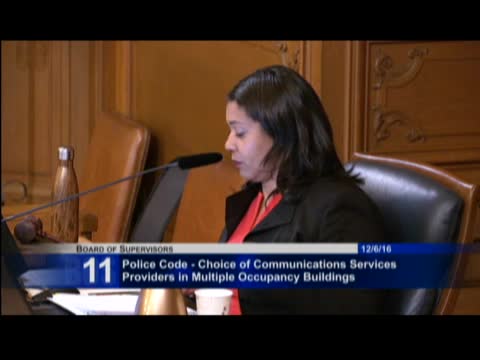Article not found
This article is no longer available. But don't worry—we've gathered other articles that discuss the same topic.
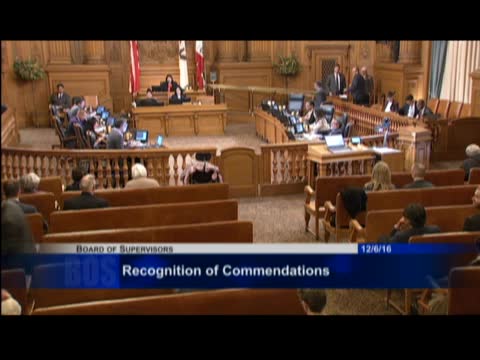
203 Cotter appeals withdrawn; board hears neighborhood concerns as Little City Gardens prepares to leave site
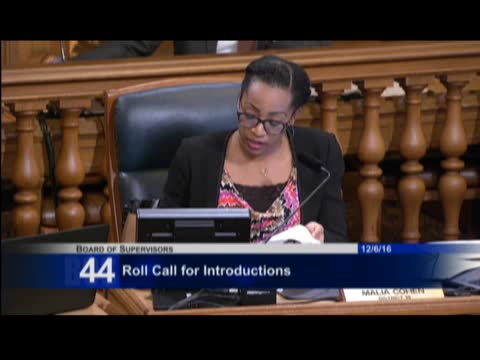
Board affirms support for Police Commission—use-of-force policy and urges POA cooperation
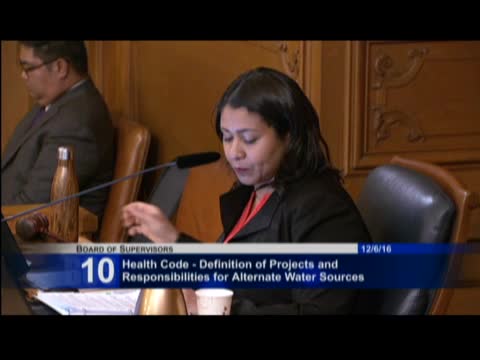
Board approves first reading of ordinance to protect tenants' right to choose internet providers after heated legal debate
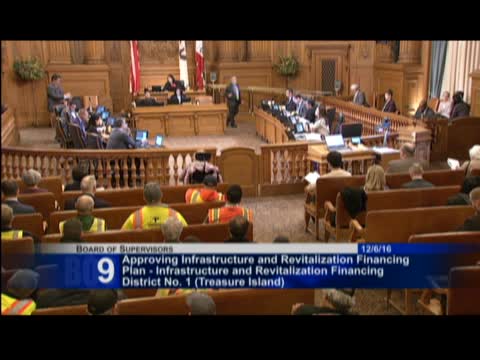
Board approves Treasure Island financing structure, adds accountability measures for affordable housing
